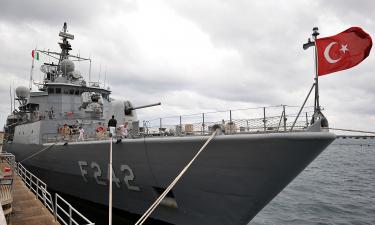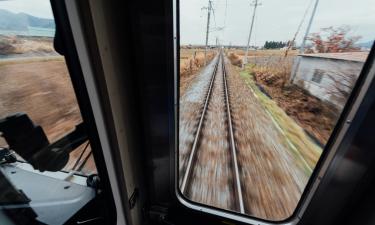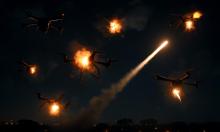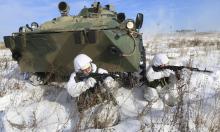Russia to create PAK DA fifth-generation strategic bomber
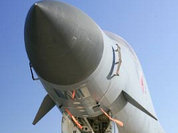
In near future, Russia will come to grips on its own security. The country will not focus on the current moment, but predict the situation for 15-20 years ahead. Such plans generated heated debate. Thus, the project to develop a fifth-generation strategic bomber has triggered discussions on the top level.
Experts also shared their thoughts on the prospects of Russia's long-range aviation. This issue is extremely important for Russia today, said chief editor of National Review magazine, Igor Korotchenko. Russia is a pioneer in the creation of long-range aircraft. Today, the country faces another problem - to comply with the status of a nuclear power. The nuclear triad requires keeping pace with time. The Russian government intends to spend 70 trillion rubles on military upgrade. In this regard, the expert said, the creation of a new fifth-generation bomber is quite feasible, although its solution creates a burden for the national economy.
Contrary to the opinions of Vice-Premier Dmitry Rogozin, who supervises the defense industry, and Chief of General Staff Nikolai Makarov (they did not support the operational implementation of the PAK DA - the Prospective Air Complex for Long Range Aviation), Vladimir Putin ordered to start working on the new bomber. But then the question arose as to whom to entrust such an important task.
Also read: Russia's Sukhoi PAK FA T-50 more powerful than USA's Raptor
According to experts, the United Aircraft Corporation under the leadership of Mikhail Pogosyan should act as the executor. One should start the works now, because Russia needs to have the plans for the upgrade of the national Air Force for 30-40 years ahead.
In actual fact, the construction works are already underway; the parameters of the future bomber have been determined, Alexander Sharavin, the Director of the Institute of Political and Military Analysis said. The timing is more or less clear too: the new aircraft is expected to appear in 2020. The problem is whether the Russian industry can cope with this work. Of course, one can upgrade Tu-95 MS and Tu-160 bombers to save money. However, the issue of a new generation aircraft remains blank. The creation of the new bomber, Alexander Sharavin said, will encourage the development of the defense industry. The aircraft will become the dream that national defense now needs, Victor Litovkin, executive editor of Independent Military Review said. In his words, the implementation of the PAK DA is not just the creation of a specific aircraft model, but a whole set of steps to ensure national security.
Is the Russian aircraft industry ready to make such ambitious dreams come true? Vladimir Shvarev, deputy director of the Center for the Analysis of Global Arms Trade, believes that the domestic industry is hardly ready for it. If Russia wants to take on large projects such as PAK DA, the country will have to predict the development of the situation for the next 15-20 years and develop fundamentally new technologies with an eye for on relatively distant future. The funds (20 trillion rubles) allocated for the creation of the new fifth-generation strategic bomber must be spent with maximum efficiency and under strict control.
Otherwise, the project may become too heavy a burden for the domestic economy, warns Andrey Frolov, Deputy Director of the Center for the Analysis of Strategies and Technologies. "We need to acknowledge that Russia is not the Soviet Union. The full-fledged nuclear triad for our country after 1991 is an intolerable burden," the expert said. According to him, Russia should concentrate on the provision of spare parts, engines and technical servicing for Tu-160 bombers, rather than design the PAK DA aircraft.
In any case, Russia does not need to participate in the current arms race. The most important things on today's agenda include the protection of borders and the development of modern technologies, including through the implementation of the PAK DA project.
For the record:
The Prospective Air Complex for Long Range Aviation aims to create a long-range bomber to replace the Russian Air Force Tu-160, Tu-95MS (according to the summer of 2009 and earlier) and Tu-22M3 (version of December 2009). The research on the formation of Air Force requirements and the preliminary work on the design of the PAK DA began in 1999. Preparations for various design bureaus to participate in the competition for the creation of the fifth-generation bomber were launched in April 2007. In December it was announced that the Russian Air Force formulated the tactical and technical requirements for the PAK DA program. The Command of the Russian Air Force issued the technical task for the creation of the bomber on December 20, 2011. The first flight of the prototype is planned for 2020. The plane is to be passed into service in 2025.
Valentin Vasspard
Pravda.Ru
Subscribe to Pravda.Ru Telegram channel, Facebook, RSS!
